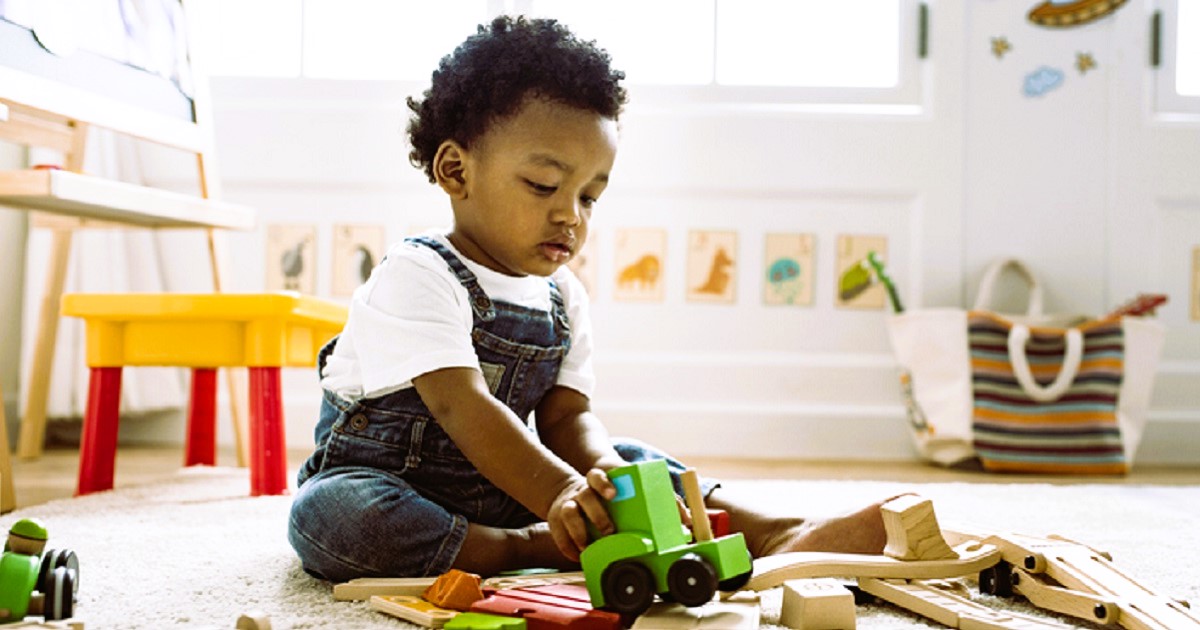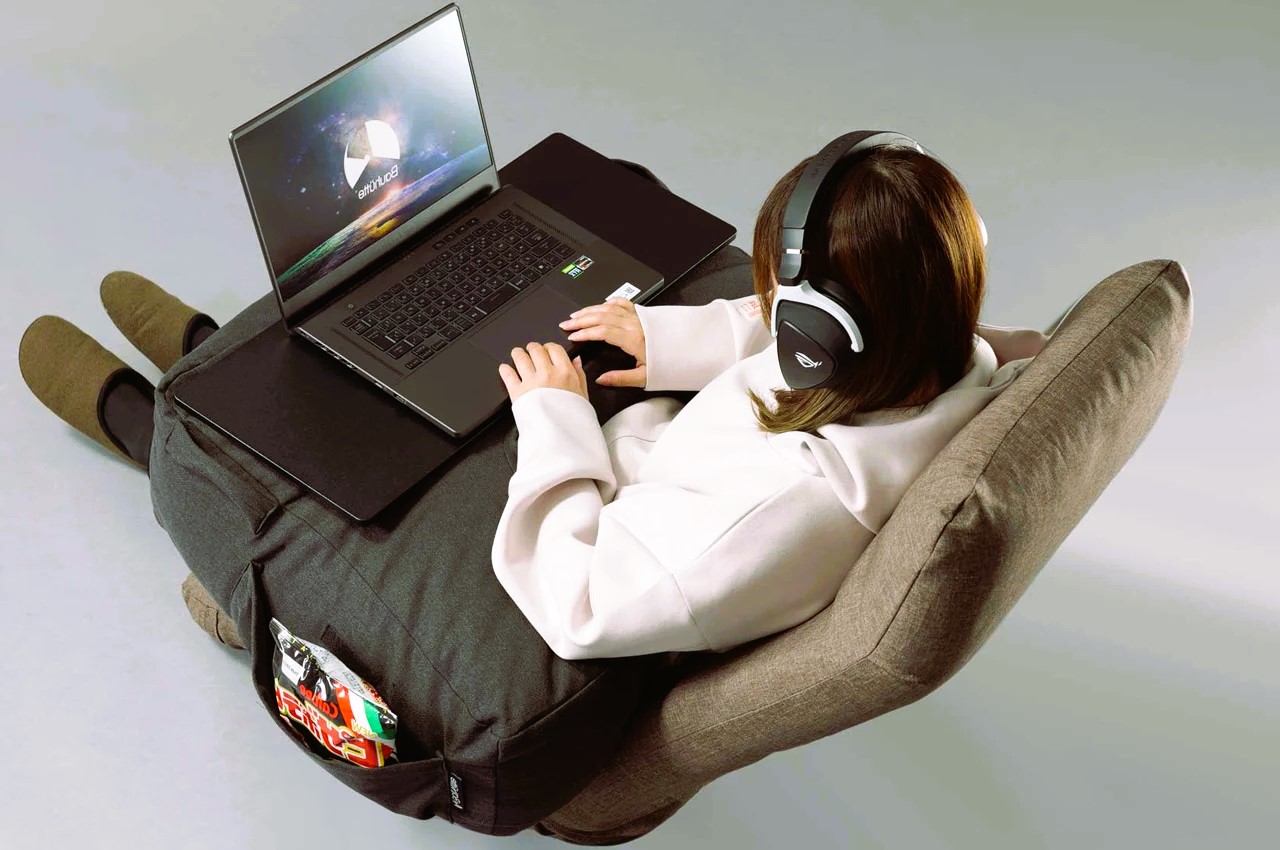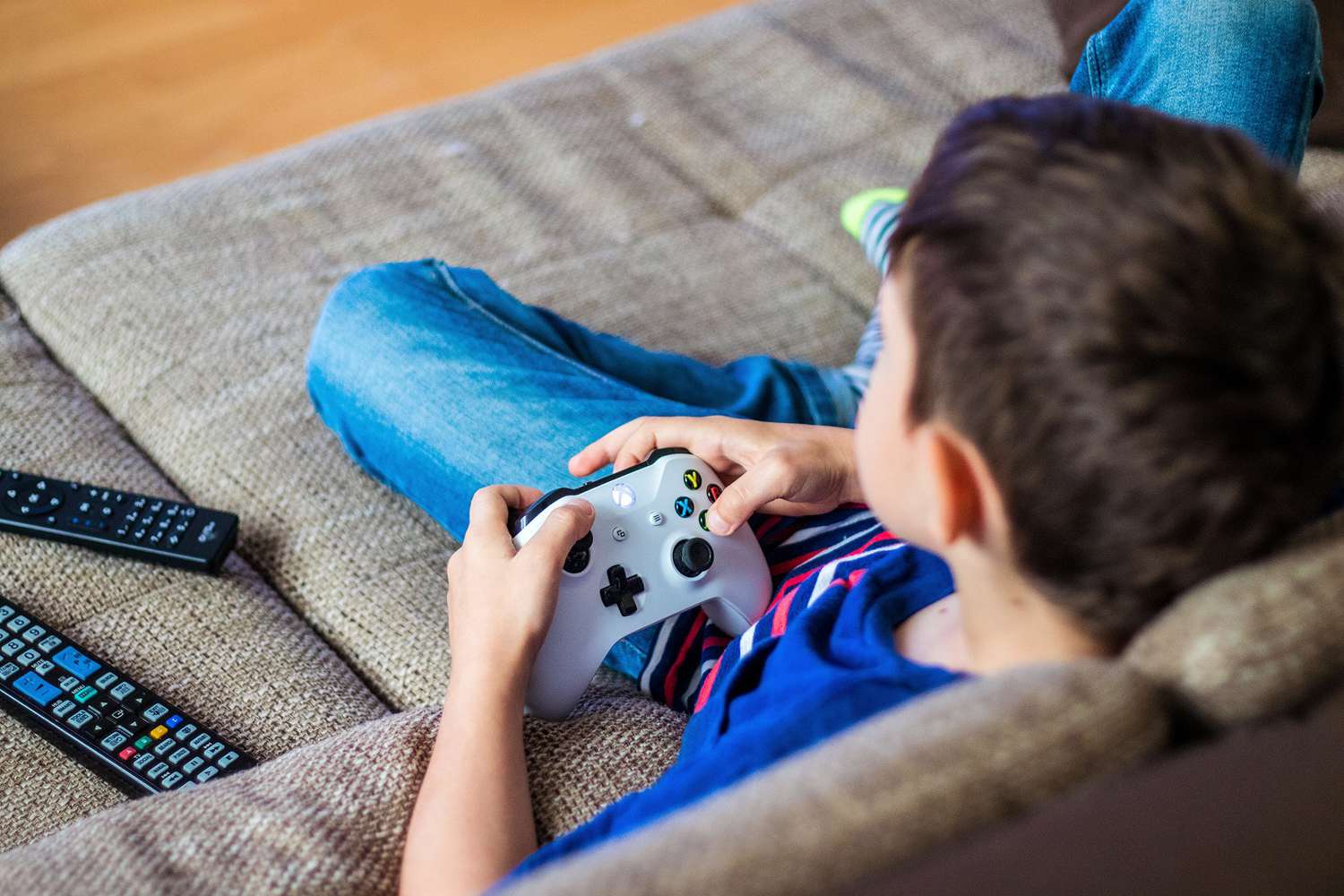Toys play a vital role in a child’s early development, stimulating their senses and fostering key skills. The right toys can contribute to cognitive, physical, and emotional development in infants. In this article, we’ll explore how toy games influence infant growth and recommend age-appropriate toys to support development at various stages.
The Importance of Toys in Early Development
Toys serve more than just entertainment for babies; they’re essential tools for learning. During the early months of life, infants are exploring their world, and the right toys can help them achieve developmental milestones. Toys promote motor skills, sensory experiences, social interaction, and cognitive abilities, creating a foundation for future growth.
Newborn to 3 Months: Stimulating the Senses
At birth, babies primarily experience the world through their senses of sight, sound, and touch. Toys that engage these senses are essential during this stage.
Recommended Toys:
- Black-and-White High-Contrast Toys: Newborns can’t yet perceive a wide range of colors, so high-contrast toys help them focus and track visual stimuli.
- Soft Rattles or Shakers: These toys introduce sound, helping infants develop their auditory sense and improving hand-eye coordination as they learn to grab and hold objects.
- Sensory Mats: Mats with different textures and colors encourage tactile exploration, supporting sensory development.
Toys at this stage are simple yet effective in engaging babies’ senses and laying the foundation for cognitive development.
3 to 6 Months: Building Motor Skills
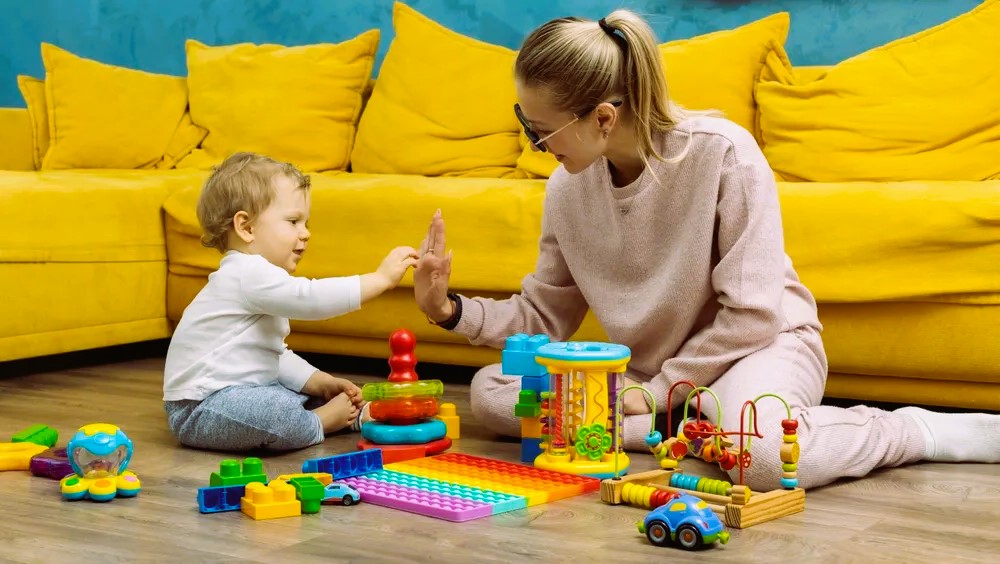
At this stage, babies begin developing better control over their bodies. They’ll start reaching, grasping, and pushing objects, which helps build their motor skills. To find out how to rest between gaming sessions, read our tips for long gaming hours.
Recommended Toys:
- Teething Toys: Babies are often teething around this age, so soft teething rings or toys can provide comfort while promoting oral and motor development.
- Soft, Colorful Blocks: Brightly colored, soft blocks help babies practice reaching, grasping, and manipulating objects. These toys support fine motor development and hand-eye coordination.
- Play Gyms: These mats often feature hanging toys and mirrors that encourage babies to reach and bat at objects, which strengthens arm and hand muscles.
Toys that encourage reaching, grasping, and teething help babies develop essential motor skills at this stage.
6 to 12 Months: Exploring Cause and Effect
As babies grow, they begin to understand the relationship between their actions and the outcomes. Toys that encourage problem-solving and exploration are perfect for this age group.
Recommended Toys:
- Stacking Toys: Simple stacking rings or cups help babies understand spatial relationships and improve fine motor skills.
- Interactive Toys with Buttons and Sounds: Toys that make noise when buttons are pressed or objects are moved foster cognitive development and cause-and-effect learning.
- Activity Centers: These offer a combination of tactile, visual, and auditory stimulation, allowing babies to explore different textures, shapes, and sounds.
This stage is all about learning how to manipulate objects and explore cause and effect, which supports cognitive development.
12 to 18 Months: Developing Language Skills and Social Interaction
At this stage, babies are becoming more mobile and starting to communicate. Toys that promote social interaction, language development, and more complex motor skills are essential.
Recommended Toys:
- Shape Sorters: These toys help babies understand shape recognition and improve hand-eye coordination while offering opportunities for problem-solving.
- Push Toys: As babies begin to walk, push toys provide balance support and encourage physical activity.
- Books with Simple Text and Pictures: Books introduce language skills, enhance vocabulary, and improve communication abilities when read aloud by parents.
Toys that enhance language and social interaction skills help infants develop the communication abilities they will use for years to come.
18 to 24 Months: Enhancing Imagination and Creativity
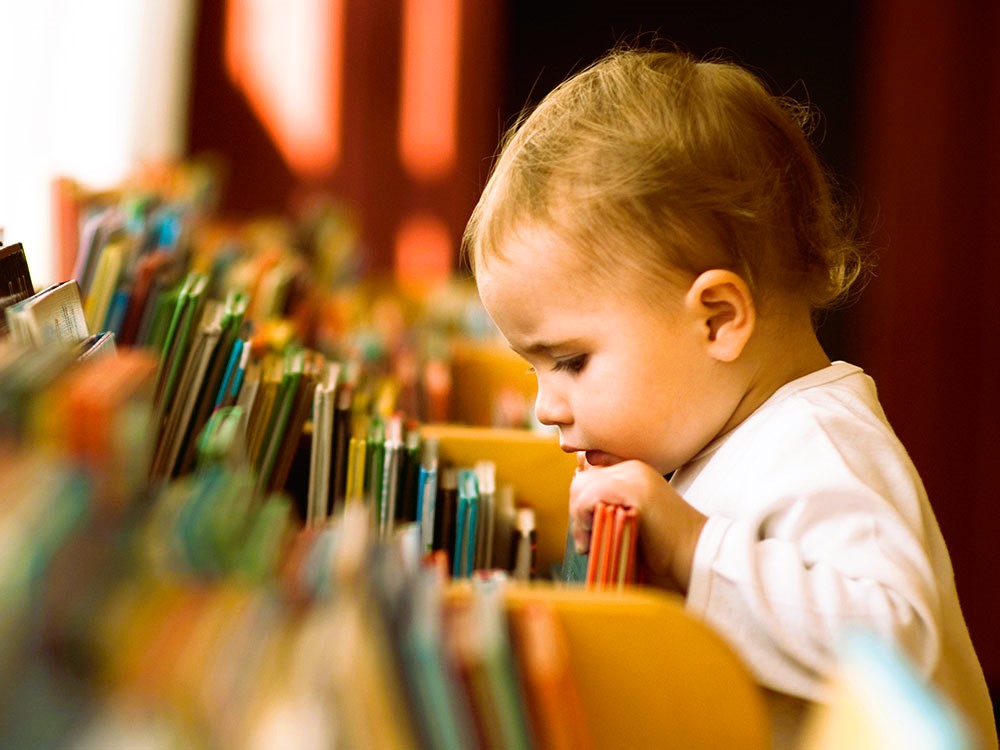
By now, toddlers have developed their mobility and communication skills. They’re also starting to use their imagination, so toys that foster creativity and pretend play are especially important.
Recommended Toys:
- Building Blocks: Large, easy-to-handle blocks help toddlers build structures and enhance fine motor skills while encouraging creativity and imaginative play.
- Pretend Play Sets: Toys like kitchen sets or toolkits allow toddlers to act out real-life scenarios, promoting social skills and imaginative thinking.
- Musical Instruments: Simple instruments, such as drums or xylophones, promote auditory skills and creativity.
At this stage, toys that stimulate creativity and imaginative play support cognitive and social development.
The role of toys in infant development cannot be underestimated. By selecting the right toys for each stage of your baby’s growth, you can support their cognitive, physical, and emotional development. Whether it’s through sensory exploration, motor skill building, or imaginative play, toys play a crucial part in shaping your child’s future abilities.
For more information on early childhood development and toys, you can visit the Wikipedia article on Child Development.

